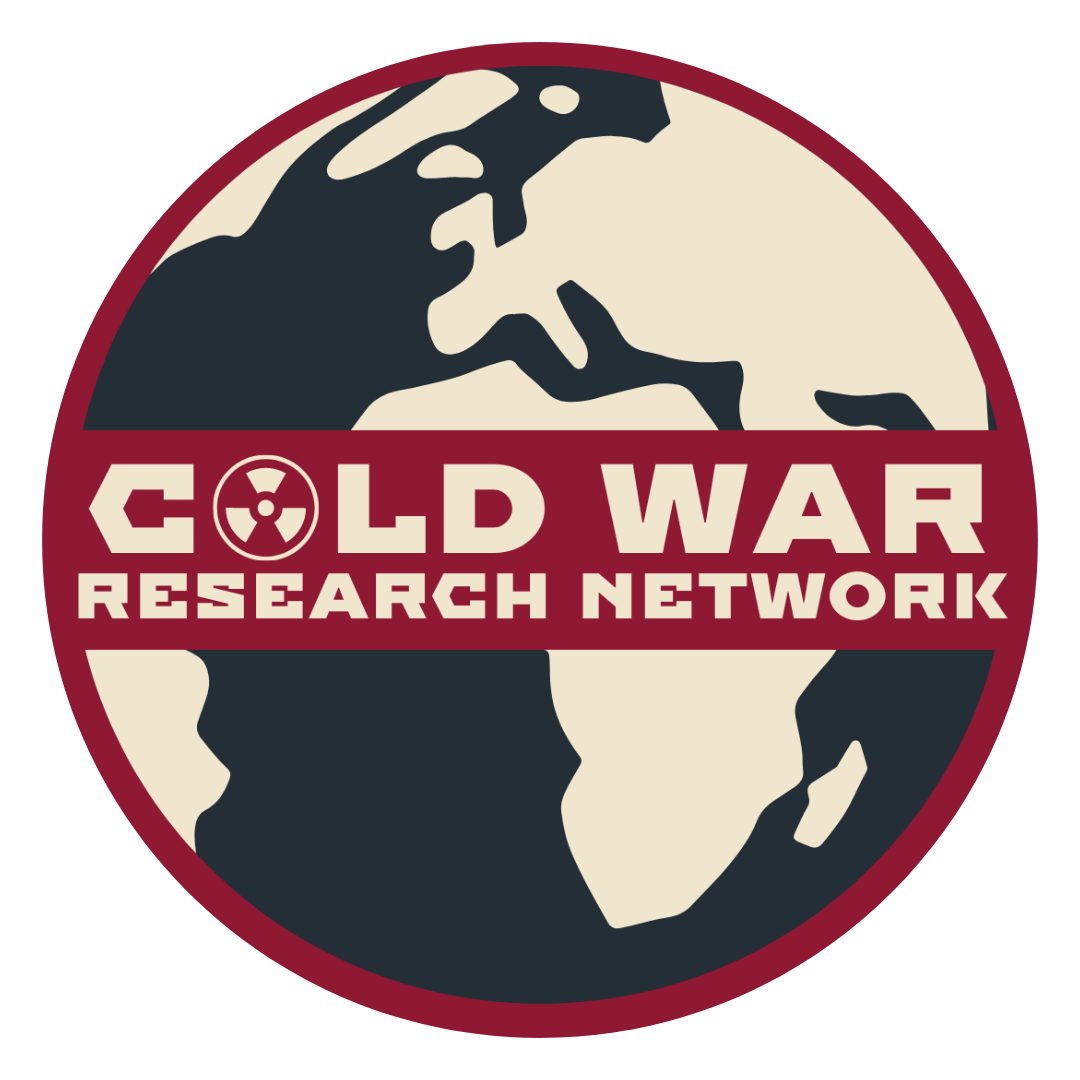An irrelevant relationship? The European Free Trade Association (EFTA) and Yugoslavia, c.1960–91
On 22 October, Matthew Broad will discuss the unique position Yugoslavia occupied during the Cold War in the first digital lecture of the Cold War Research Network. Scholars have been curiously reluctant to engage with how Western Europe handled its relations with Belgrade during this time. Even if recent scholarship has sought to tackle this lacuna by highlighting the more activist stance of the European Economic Community (EEC), it nevertheless tends to discount the role played by non-EEC countries. In focusing on the European Free Trade Association (EFTA) – a looser, intergovernmental economic organisation formed in 1960 as the primary alternative to the EEC – this paper asserts that this judgement requires moderation. Indeed, EFTA’s ostensibly apolitical (even neutral) character was perfectly placed to use trade relations with Yugoslavia to achieve broader Western objectives: Yugoslavia’s domestic stability in the face of perennial economic hardship and its independence vis-a-vis the Soviet bloc.
Matthew Broad is a Lecturer in International Relations at Leiden and a Research Associate in the Centre for International Studies, University of Oxford. He’s held various posts at the universities of Pittsburgh, Turku and Reading, including as an EU-funded Marie Curie Fellow.
Recent publications include European Integration Beyond Brussels: Unity in East and West Europe since 1945 (2020 – co-edited with Suvi Kansikas), Harold Wilson, Denmark and the Making of Labour European Policy (2017), and articles which have appeared in Journal of European Integration History, Contemporary European History, History of European Ideas, Faravid, and The British Journal of Politics and International Relations.
His research focuses on twentieth century international relations encompassing European integration, diplomacy, Anglo-Nordic relations and the Cold War. In particular, he’s interested in the history of the European Free Trade Association (EFTA) and together with Professor Richard Griffiths is currently writing a book on the origins and evolution of EFTA in the 1950s and 1960s (under contract with Palgrave Macmillan).
Keywords: Britain, Cold War, EFTA, neutrals, trade, Yugoslavia
Click on the following link to join the lecture:
https://meet.starleaf.com/4966864346
Back

